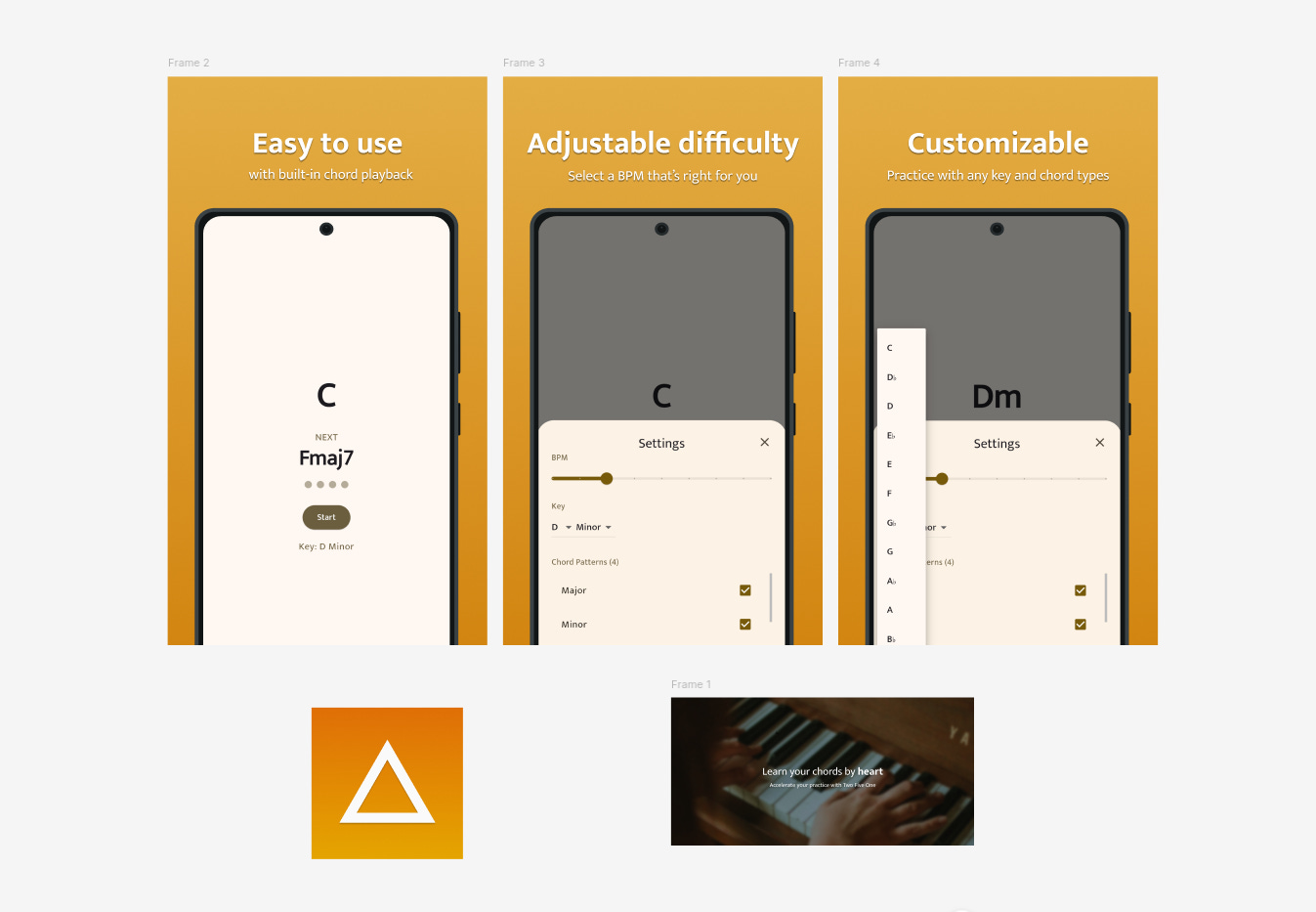Day 13: Live fast, remember slow
We perceive time in two ways. The first is as we’re living through it—the present moment. The second, less talked about way, is how we perceive time in the past. We remember and relive moments through our memories, where time doesn’t obey the same laws.
When I was working my job, every day would blur into the next. Every so often, I’d glance at the clock on my screen. Sometimes, only minutes would have passed. Sometimes, it would be a whole new hour, and I’d silently cheer. The cycle would continue, and before I knew it, I was zipping up my backpack and walking out the door. In the moment, it felt like the minutes couldn’t go by any sooner, and still, the months had flown by.
Nowadays, the present moment seems to rush by me. 9 AM turns to 11 AM turns to 5 PM and here I am at 11 PM writing this post. The pressure to make every second count leaves me no time to stare at the clock. I’m enjoying every second spent learning, struggling, and stressing. In memories, though, the day seems like it lasted forever. I worked on my projects, visited new places in the city, spent time on my hobbies, and spoke to my favorite people.
They say time flies when you’re having fun, but that’s only in the present. When we look back on those experiences, time moves in slow motion. How did I do all of that in just one day?
Daily Progress
Publishing to the Google app store takes much more effort than you’d think. There’s a million questionnaires about your app’s intended audience, privacy policy, and data collection. I tried to setup a closed beta test for my app, but it seems like Google must approve the app before it can even be sent out for testing—what a pain! I wished I knew about these struggles sooner because I seem to keep having to push deadlines for reasons out of my control.
I posted a project that I’d made last year to r/InternetIsBeautiful, and it’s currently sitting at the top spot. It’s a storytelling experiment where strangers write stories, one sentence at a time. Initially, people seemed to misinterpret how the website was supposed to be used, which has taught me a few things about designing better user experiences. For example, I added a small button to navigate people to a random storyline, which drastically helped people discover stories that were otherwise 20 clicks away. As a developer, I never expected that a few buttons and changes in wording could drastically impact end-user behavior.





